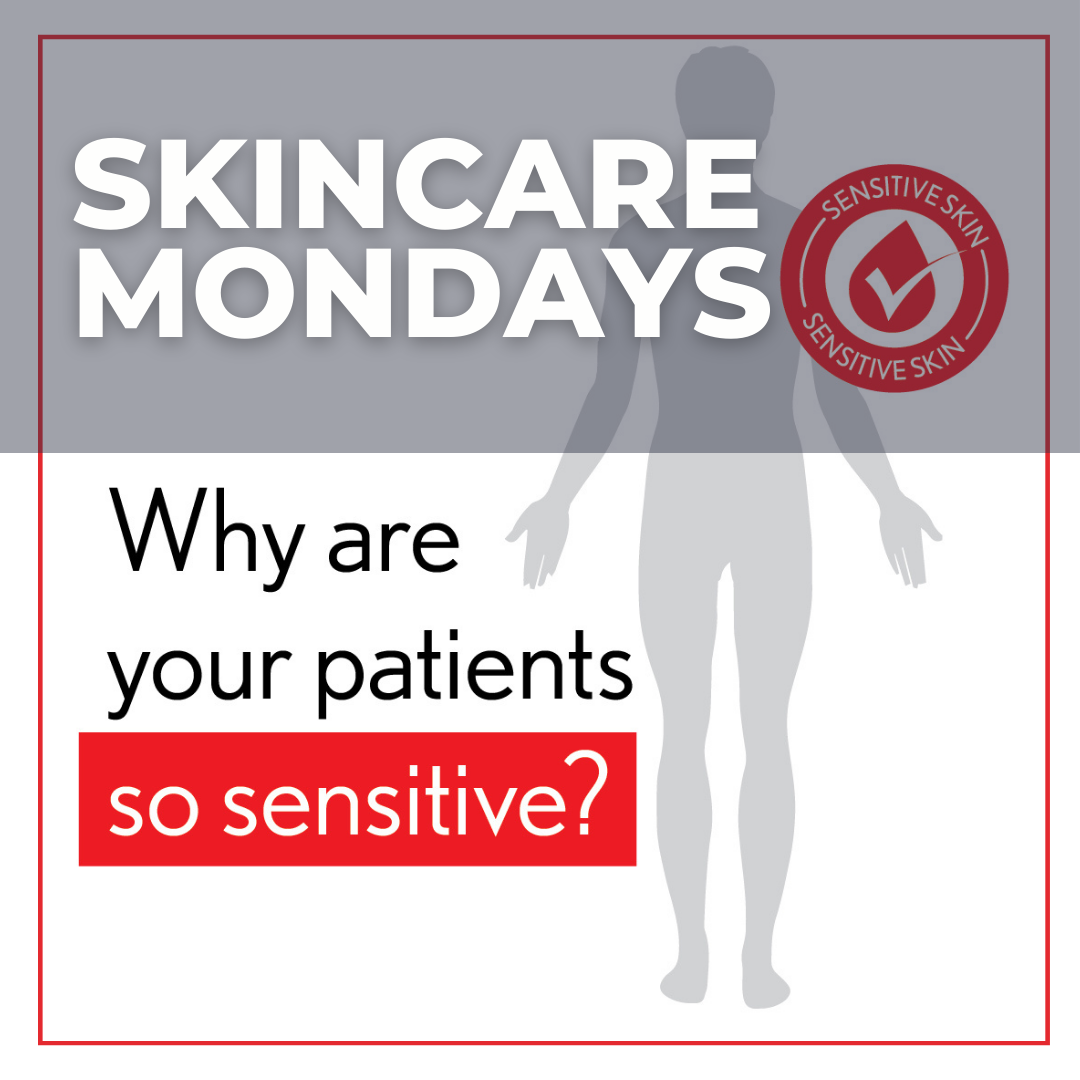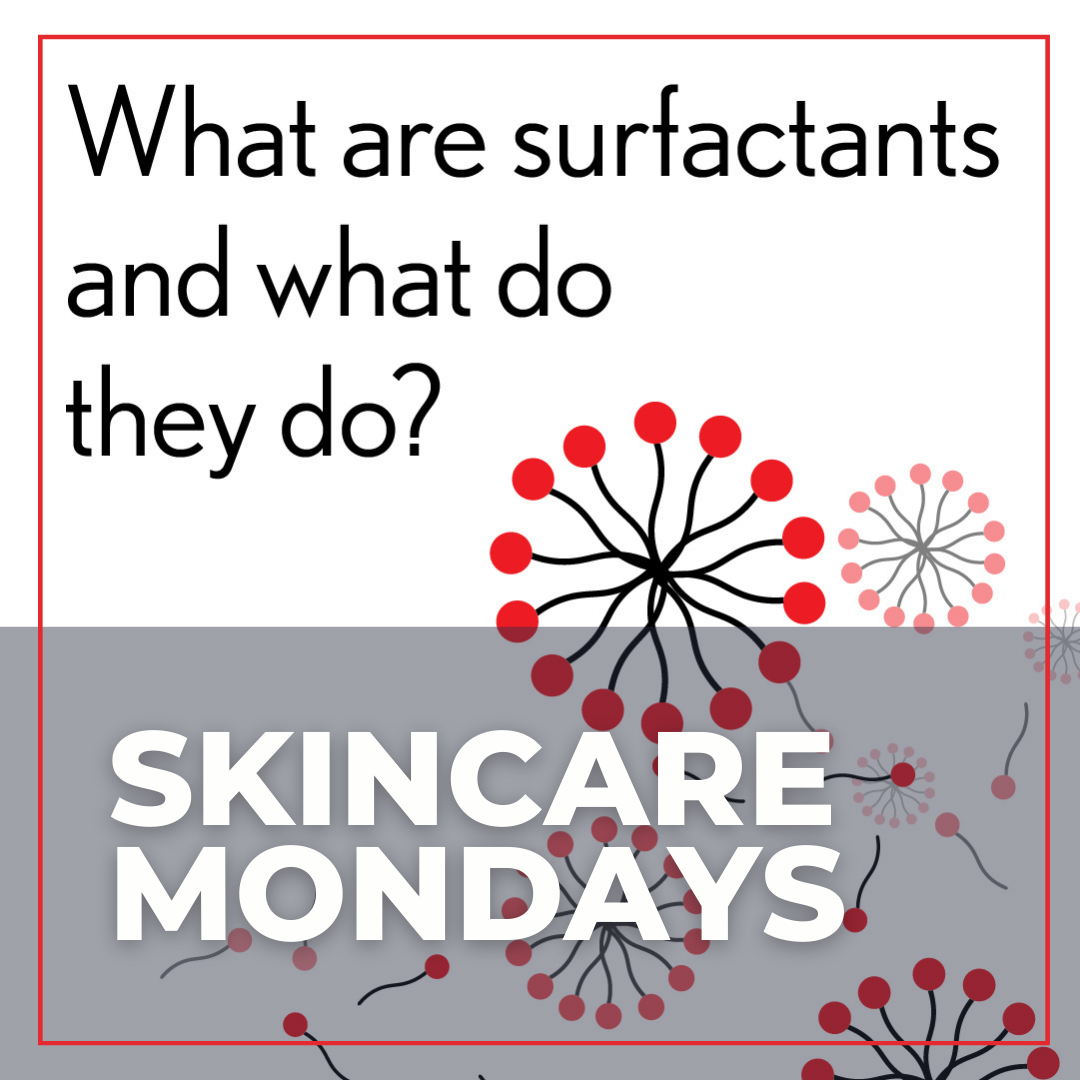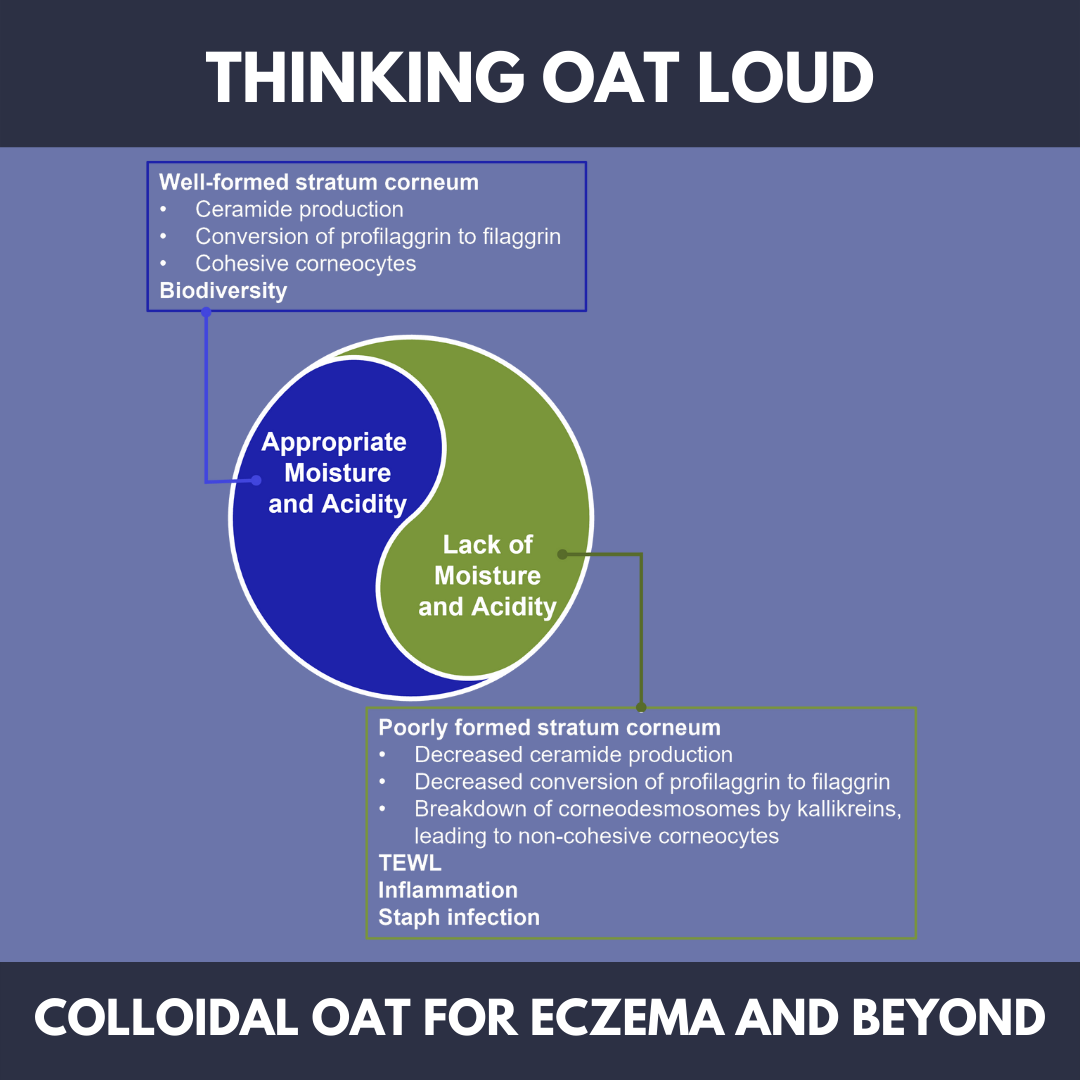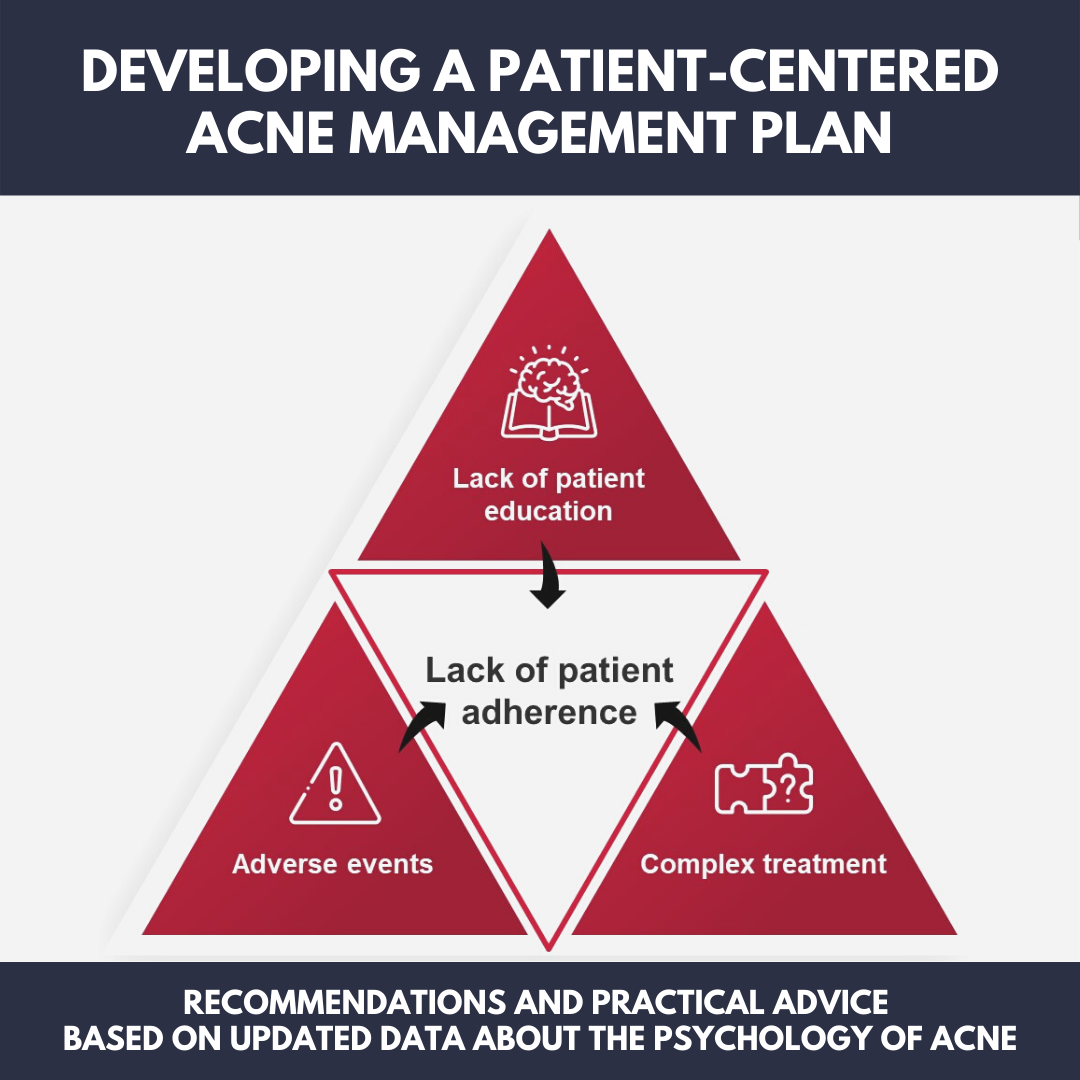Skincare Mondays | Sensitive Skin
 Why are your patients so sensitive?
71% of adults have self-declared sensitive skin.1
While differences in how people perceive skin sensitivity exist, most say they have sensory effects, such as itching, burning, stinging, tightness and dryness.2 Due to the subjective nature of sensitive skin, diagnosis is complex and there is often a disconnect between what subjects feel and what medical …
Why are your patients so sensitive?
71% of adults have self-declared sensitive skin.1
While differences in how people perceive skin sensitivity exist, most say they have sensory effects, such as itching, burning, stinging, tightness and dryness.2 Due to the subjective nature of sensitive skin, diagnosis is complex and there is often a disconnect between what subjects feel and what medical …
 Why are your patients so sensitive?
71% of adults have self-declared sensitive skin.1
While differences in how people perceive skin sensitivity exist, most say they have sensory effects, such as itching, burning, stinging, tightness and dryness.2 Due to the subjective nature of sensitive skin, diagnosis is complex and there is often a disconnect between what subjects feel and what medical …
Why are your patients so sensitive?
71% of adults have self-declared sensitive skin.1
While differences in how people perceive skin sensitivity exist, most say they have sensory effects, such as itching, burning, stinging, tightness and dryness.2 Due to the subjective nature of sensitive skin, diagnosis is complex and there is often a disconnect between what subjects feel and what medical … 

 For most consumers, a skincare routine is a positive part of their daily routine. Thirty-eight percent (38%) see it as ‘me’ time. Sixty-three percent (63%) wash their face at least two times per day,1 yet roughly half of consumers (men and women) report using bath wash or hand soap to cleanse their face.2
So it's no surprise that over half of consumers surveyed have no idea what ingredients …
For most consumers, a skincare routine is a positive part of their daily routine. Thirty-eight percent (38%) see it as ‘me’ time. Sixty-three percent (63%) wash their face at least two times per day,1 yet roughly half of consumers (men and women) report using bath wash or hand soap to cleanse their face.2
So it's no surprise that over half of consumers surveyed have no idea what ingredients …  Atopic Dermatitis Pathogenesis
Atopic dermatitis (AD) is a chronic inflammatory skin disease for which common symptoms are rash, itch, dryness, and redness. AD is a perfect example of what happens when skin barrier homeostasis is not maintained. In AD, the lipids that comprise the skin barrier are reduced in chain length compared with healthy skin, resulting in poor barrier function and increased …
Atopic Dermatitis Pathogenesis
Atopic dermatitis (AD) is a chronic inflammatory skin disease for which common symptoms are rash, itch, dryness, and redness. AD is a perfect example of what happens when skin barrier homeostasis is not maintained. In AD, the lipids that comprise the skin barrier are reduced in chain length compared with healthy skin, resulting in poor barrier function and increased …  Two consumer articles recently posted raise questions about the use of skincare ingredients: SheFinds recently revealed skincare ingredients that are completely useless, and TODAY asked how to use active ingredients. What’s the truth about which skincare ingredients to choose and how to use them?
For answers I reached out to Fatima Fahs, MD, a Michigan-based dermatologist who runs @dermy …
Two consumer articles recently posted raise questions about the use of skincare ingredients: SheFinds recently revealed skincare ingredients that are completely useless, and TODAY asked how to use active ingredients. What’s the truth about which skincare ingredients to choose and how to use them?
For answers I reached out to Fatima Fahs, MD, a Michigan-based dermatologist who runs @dermy …  Overcoming Barriers to Acne Treatment Adherence
There is a wealth of research into the psychology of the acne patient, which may be used to speak with patients more effectively and ultimately lead to better treatment outcomes. Despite the fact that acne has a high emotional impact on patients, adherence to acne treatment plans is surprisingly low (in 1 study, 27% of patients didn’t even fill th …
Overcoming Barriers to Acne Treatment Adherence
There is a wealth of research into the psychology of the acne patient, which may be used to speak with patients more effectively and ultimately lead to better treatment outcomes. Despite the fact that acne has a high emotional impact on patients, adherence to acne treatment plans is surprisingly low (in 1 study, 27% of patients didn’t even fill th …